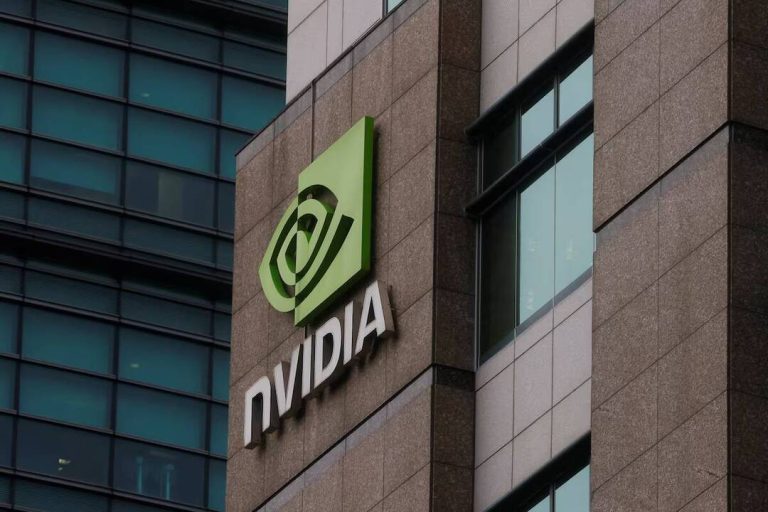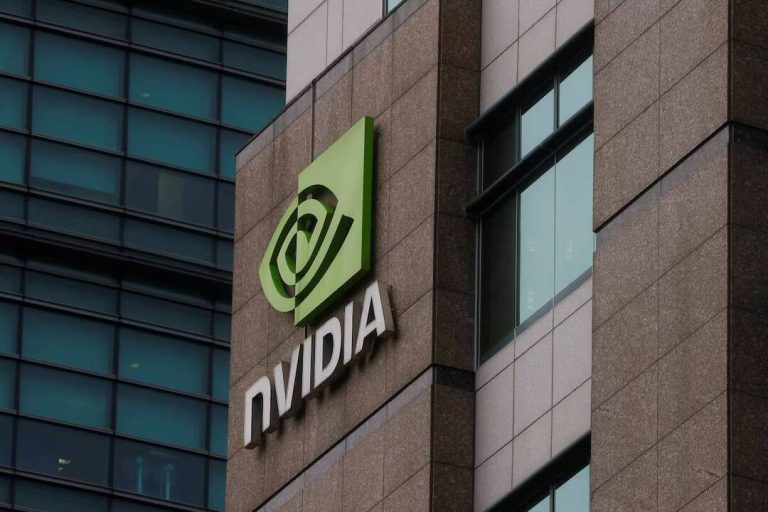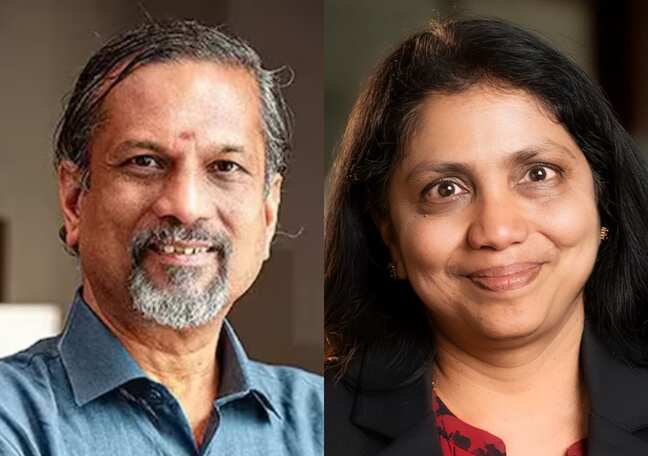
Poverty an engineering issue, AI & humanoid robots will end it: Musk
The world has been grappling with the issue of poverty for centuries, with various approaches being taken to alleviate it. However, according to billionaire and xAI CEO Elon Musk, the solution to poverty lies in engineering. Speaking at the US-Saudi Investment Forum, Musk opined that poverty is an engineering issue, and artificial intelligence (AI) and humanoid robots will play a crucial role in eliminating it.
Musk’s statement may come as a surprise to many, as poverty is often viewed as a complex issue that requires a multifaceted approach. However, the entrepreneur believes that by leveraging AI and robotics, it is possible to create a world where everyone has access to the resources they need to live a comfortable life. According to Musk, AI and robotics are the only way to make everyone wealthy, and as these technologies advance, money will eventually stop being relevant in the future.
The idea that poverty is an engineering issue is an interesting one. Traditionally, poverty has been viewed as a social and economic issue, with solutions focusing on factors such as education, job creation, and access to resources. However, Musk’s perspective suggests that by applying engineering principles and technologies, it is possible to create systems and solutions that can provide for everyone’s basic needs.
One of the key technologies that Musk believes will play a role in eliminating poverty is AI. Artificial intelligence has the potential to automate many tasks, freeing up human resources to focus on more creative and high-value work. Additionally, AI can help optimize systems and processes, making them more efficient and effective. For example, AI can be used to optimize supply chains, reducing waste and ensuring that resources are allocated where they are needed most.
Humanoid robots are another technology that Musk believes will be crucial in the fight against poverty. These robots have the potential to perform a wide range of tasks, from manufacturing and construction to healthcare and education. By automating these tasks, humanoid robots can help increase productivity and reduce the cost of goods and services, making them more accessible to people around the world.
Musk’s vision for a future where AI and humanoid robots have eliminated poverty is an exciting one. Imagine a world where everyone has access to the resources they need to live a comfortable life, where hunger and thirst are a thing of the past, and where everyone has the opportunity to pursue their passions and interests. This is a world where technology has been harnessed to create a better future for all, and it is a future that is within our reach.
Of course, there are many challenges that must be overcome before this vision can become a reality. One of the biggest challenges is ensuring that the benefits of AI and robotics are shared by all, rather than just a privileged few. As these technologies advance, there is a risk that they could exacerbate existing inequalities, rather than reducing them. Therefore, it is essential that we prioritize the development of policies and regulations that ensure the benefits of AI and robotics are shared by all.
Another challenge is ensuring that the development of AI and humanoid robots is aligned with human values. As these technologies become more advanced, there is a risk that they could be used in ways that are detrimental to humanity. Therefore, it is essential that we prioritize the development of AI and robotics in a way that is transparent, accountable, and aligned with human values.
In conclusion, Elon Musk’s statement that poverty is an engineering issue is a thought-provoking one. By leveraging AI and humanoid robots, it is possible to create a world where everyone has access to the resources they need to live a comfortable life. While there are many challenges that must be overcome before this vision can become a reality, it is an exciting one that has the potential to transform the world for the better.
As we move forward, it is essential that we prioritize the development of AI and robotics in a way that is aligned with human values and that benefits all of humanity. By doing so, we can create a future where poverty is a thing of the past, and where everyone has the opportunity to thrive.





